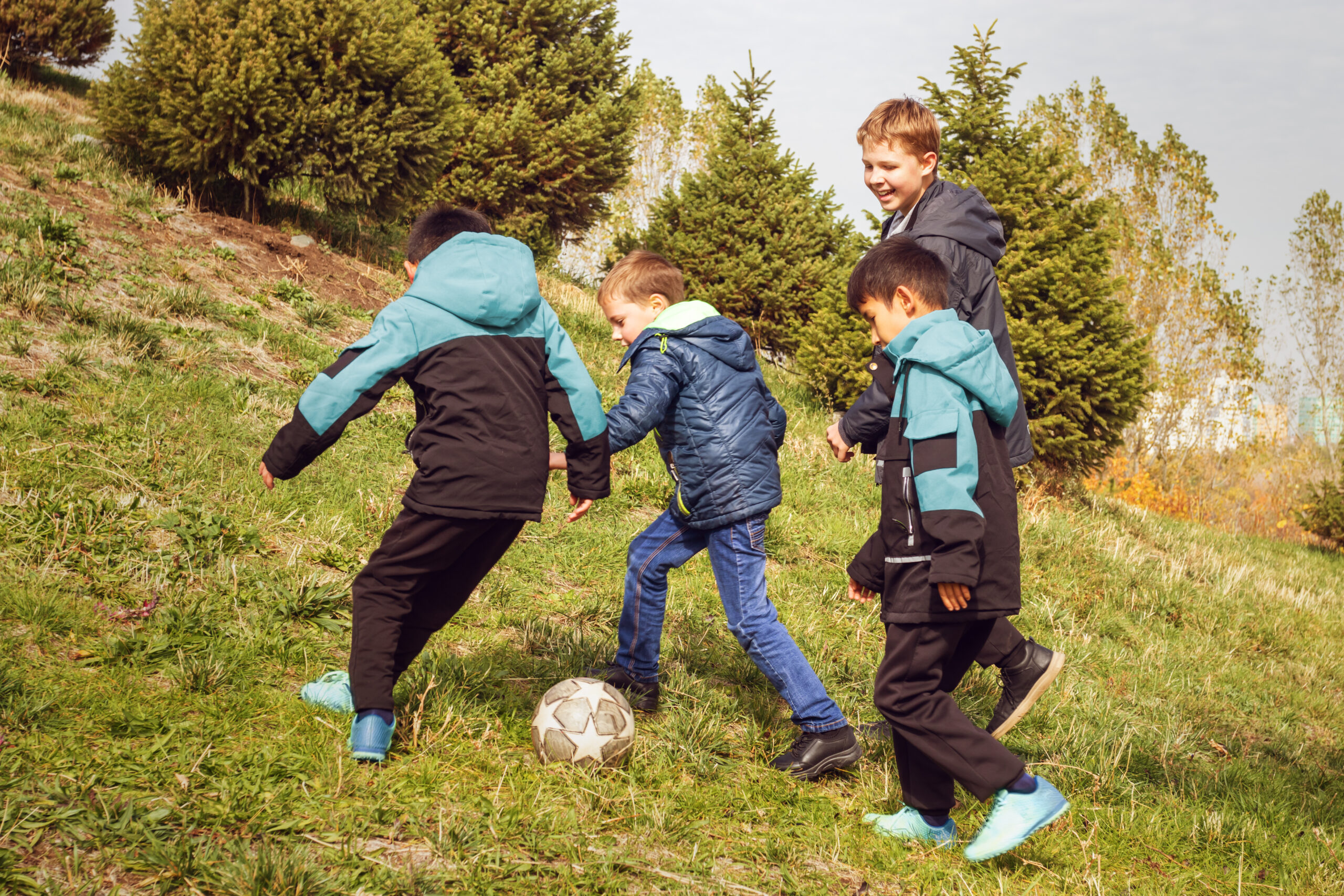As the oldest sibling in my family, I’ve always felt the weight of responsibility and the need to set a good example. Being the first one to experience a lot of things means I get to pave the way for my younger siblings. Whether it’s helping with schoolwork, offering advice, or setting boundaries, I’ve had to step up in ways that help them and the family as a whole. The lessons I’ve learned at home as the oldest sibling have shaped the leader I am today, both on the sports field and in my community. These experiences have taught me invaluable leadership skills that I use every day, whether I’m running a race, working with my teammates, or volunteering at church.
Setting the Example at Home
Growing up as the oldest has taught me the importance of leading by example. My younger siblings look up to me in so many ways, and whether I realize it or not, my actions influence them. At home, I try to show them how to be responsible, work hard, and treat others with kindness. I’ve learned that the smallest things—like cleaning up after myself without being asked or handling a disagreement with patience—can have a big impact on the way my siblings act and react to situations.
This role of being a role model didn’t always come naturally. At first, I wasn’t sure what being a good older sibling meant. But over the years, I’ve realized that leadership is about much more than telling others what to do. It’s about showing through my actions what it means to be respectful, reliable, and strong. I’ve learned to stay calm in tough situations, knowing my siblings are watching and will take cues from how I react. This has helped me become more self-aware and thoughtful, which I’ve carried with me into all aspects of my life.
Leading in Sports
The leadership skills I’ve developed as the oldest sibling have definitely carried over into my sports life. I’ve always been involved in different sports like dance, cross country, basketball, soccer, and track, and each of these activities has given me the opportunity to practice leadership in a variety of ways.
In team sports, I’ve learned the importance of encouraging others and boosting morale. As the oldest sibling, I’m used to taking on a leadership role, and that’s translated into being the one to motivate my teammates when they’re feeling down or when we’re facing tough challenges. Whether it’s cheering on a teammate after a missed shot in basketball or keeping the team’s energy up during a long cross-country race, I’ve realized that leadership isn’t just about directing people—it’s about supporting them, lifting them up, and helping them believe in themselves.
I’ve also learned that leadership in sports involves being adaptable. Sometimes, things don’t go as planned, and you have to find a new approach. I’ve had to do this both at home and in sports. For example, as the oldest sibling, I often have to mediate when my younger siblings argue, which requires a flexible mindset and problem-solving skills. The same goes for sports. If something’s not working on the field or track, I’ve learned to adjust and encourage others to do the same. Whether it’s switching positions in soccer or trying a new strategy in basketball, leadership often means adapting to the situation and helping others see the bigger picture.
Responsibility and Accountability
Being the oldest also means that I’ve had to learn a lot about responsibility. At home, I often have the job of keeping an eye on my younger siblings, whether that means helping with homework, making sure they’re ready for school, or simply making sure they’re safe. These responsibilities have helped me develop a strong sense of accountability, which I carry with me in all areas of my life.
In sports, this sense of responsibility means being the person my teammates can rely on, both during practice and in competition. Whether it’s making sure I’m always prepared for a game or helping teammates stay focused on their goals, I’ve learned that being responsible is key to effective leadership. It’s not just about showing up—it’s about showing up ready to contribute, whether I’m leading by example or supporting others in achieving their best.
Volunteering and Community Leadership
Outside of sports, I’ve had the chance to develop my leadership skills through volunteering and community involvement. I’ve also had the opportunity to lead by example in my philanthropic efforts. By raising money for Furry Kids Refuge and Wayside Waifs, I’ve learned how to take initiative and rally others around a cause. This experience has taught me how to communicate effectively, organize events, and inspire others to get involved. Just like in sports, being a leader in these situations requires the ability to stay organized, motivate others, and work together to achieve a common goal.
Growing Into Leadership: How My Role as the Oldest Sibling Shaped Who I Am Today
Being the oldest sibling has taught me a lot of valuable life skills, many of which I use every day in sports and in my community. From leading by example to being responsible and adaptable, the lessons I’ve learned at home have shaped me into a leader who strives to encourage and support others. Whether I’m running a race, cheering on my teammates, or volunteering at church, I’ve learned that leadership isn’t about being in control—it’s about lifting others up, taking responsibility, and leading with kindness and integrity. These are the skills I’ll carry with me throughout my life, and I’m thankful for the opportunity to grow into the leader I am today.
